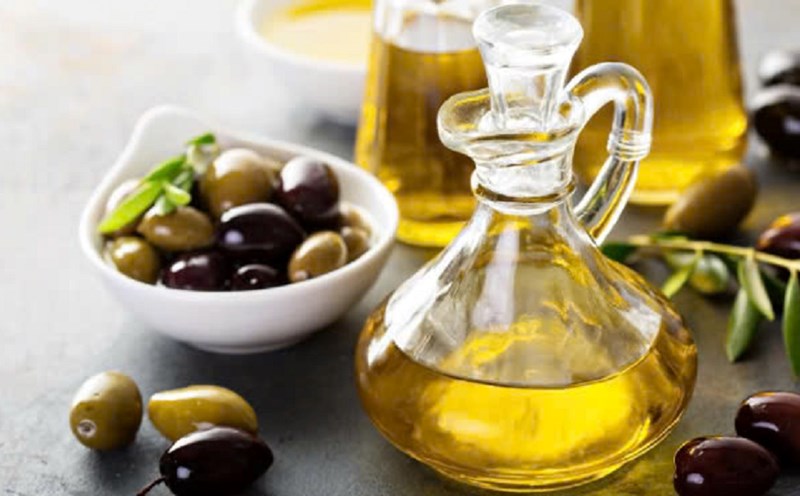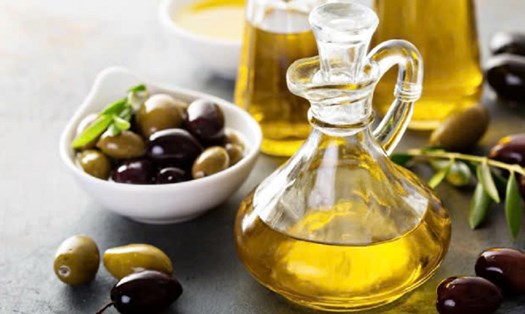What substances are in olive leaves?
Olive leaves were traditionally brewed as a tea in the Mediterranean and taken to treat fevers and malaria, said nutritionist Evangeline Mantzioris, director of the Nutrition and Food Sciences program at the University of South Australia.
Leaves contain high levels of the antioxidant oleuropein. Olives and olive oil also contain it, but at lower levels. In general, the greener (less yellow) the leaf, the more oleuropein it contains. Leaves harvested in the spring also have higher levels than those harvested in the fall, suggesting that oleuropein levels decrease as the leaf ages.
Olive leaves also contain other antioxidants such as hydroxytyrosol, luteolin, apigenin, and verbascoside. Antioxidants work by reducing oxidative stress in the body. Oxidative stress causes damage to the body's DNA, cell membranes, and tissues, which can lead to chronic diseases such as cancer and heart disease.
Health Benefits of Olive Leaves
Evangeline Mantzioris cites a review and analysis that combined data from 12 trials with a total of 819 participants. Overall, the results showed that olive leaf extract improved heart disease risk factors.
This includes healthier blood lipid (fat) control and possibly lower blood pressure, which is beneficial for people with high blood pressure. Most of the studies in this review found that olive leaf extract in capsule form, at daily doses of 500 milligrams to 5 grams for 6 to 48 weeks, was effective.
Anti-inflammatory: Olive leaves contain compounds such as oleuropein that have anti-inflammatory properties, helping to treat inflammatory diseases such as arthritis.
Boost the immune system: The antioxidants in olive leaves can help strengthen the immune system, helping the body fight bacteria and viruses.
Supports heart health: Olive leaves can help lower blood pressure and reduce bad cholesterol levels, thereby supporting heart health.
Antibacterial and antiviral: Compounds in olive leaves have been shown to have antibacterial and antiviral properties, helping to improve digestive health and prevent infections.
Reduce blood sugar levels: Olive leaves can help control blood sugar levels, aiding in the treatment of diabetes.
Can you eat olive leaves?
Olive leaves can be brewed into tea, or added to salads, explains Evangeline Mantzioris. People who have tried olive leaves say they blend the leaves into smoothies. However, the leaves have a bitter taste because of the antioxidants, which can make them difficult to eat, or the tea doesn’t taste good.
Olive leaf extract has also been added to banh mi and other baked goods. Researchers found that adding olive leaf to some baked goods improved the antioxidant levels in the food and made it taste better.






